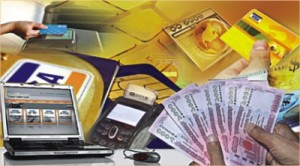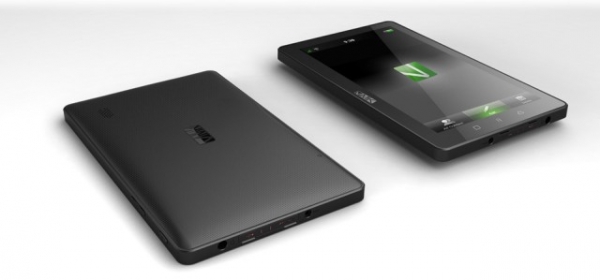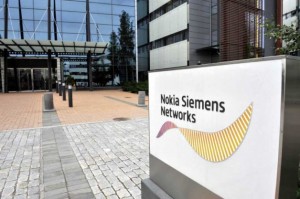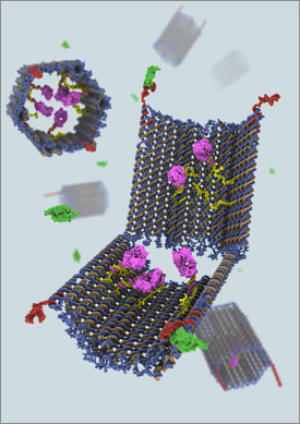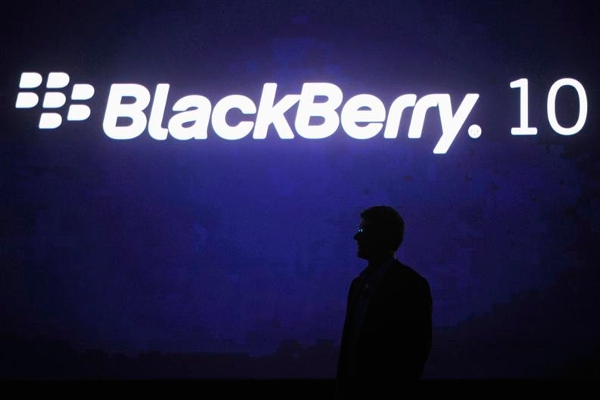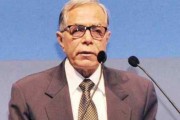Launches National Payment Switch to facilitate online transactions; new system to bring credit/debit cards of all banks under a single network
The Bangladesh Bank (BB) has at long last inaugurated a common platform for commercial banks for electronic payments. The national payment switch (NPS) allows for faster purchase and sale through debit and credit cards using the internet and web portals in the country. When all major banks come on board, and up till now only three banks have joined the platform, customers will be able to use their cards from any ATM regardless of which bank they belong to, without incurring significant transaction costs. This facility in itself is a huge step in the right direction to expedite e-commerce.
However, as stated before, unless financial institutions make the jump on to NPS, the effort will fall short of meeting its prime objective. In-country online stores are just taking off. The major bottleneck for such sites until now has been payment. The NPS, essentially a payment gateway that authorises payments for e-business and transactions, which protects security-sensitive information on cards that also ensures that information passed between customer and merchant remain secure. For banks, the system will be particularly useful for avoiding frauds on credit or debit cards, which is a growing threat in the local market as people adapt to using “plastic” instead of cash due to convenience. Additionally, given the electronic nature of transactions and the bypassing of numerous networks, a transaction takes mere seconds to process.
What is worrying to see that it took BB three years to set up the NPS system. Given the slow pace of implementation, it must be stressed that BB expedite the rate of adoption by the financial industry so that customers and merchants both may benefit from the numerous advantages NPS has to offer. The advantages of electronic payment gateway systems offer have a solid track record in developing nations all over the Asian and African continents. As a facilitator of e-commerce on the one hand and an aid to reducing capital expenditure of banks and their ability to deliver faster services to customers, gateways like NPS have no rivals. It is hence imperative that BB cut through the red tape to get it operational as soon as possible.
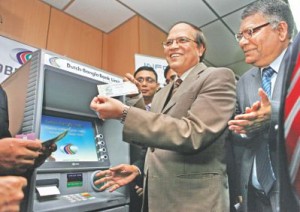
Bangladesh Bank Governor Atiur Rahman shows a banknote at the launch of a national payment switch at the central bank in Dhaka yesterday. The new system will accelerate e-commerce in Bangladesh. Photo: STAR
The central bank yesterday launched National Payment Switch, a common platform for the country’s commercial banks for electronic payments, which is going to revolutionise e-commerce in Bangladesh.
“The advantages of this new payment platform are enormous. E-commerce will spread across the country,” said Bangladesh Bank Governor Atiur Rahman.
Once all banks in Bangladesh join the NPS, a customer using a credit or debit card of any bank will be able to draw cash from any ATM and POS (point of sales) in the country. And transaction costs will significantly go down as the transactions will be routed through the NPS instead of Visa, Master or Amex card networks abroad.
Moreover, purchase and sale can be done with cards through the internet and web portals within the country.
Only three banks — Dutch-Bangla, Pubali and Southeast — have so far joined the NPS. BB officials said it will take two or three months for all banks to join the network.
However, Naznin Sultana, deputy governor of central bank, said all banks will join the NPS in one month.
The BB governor said the NPS will facilitate easy access to funds, an increase in tax revenue, more flow of money in the economy, and financial inclusion. He said the BB will also be able to supervise banks prudently as electronic transactions will be made through a single switch.
“Banks will not need to pay network fees to the Visa or Master Card. Banks can ultimately reduce fees paid by customers,” said Ahsan Ullah, BB executive director, and project director of the Central Bank Strengthening Project, under which the NPS has been installed.
The central bank has set up the NPS at a cost of $5 million (around Tk 40 crore) funded by the World Bank. It took more than three years to install it.
Though many Asian and African countries have the system in place for long, Bangladesh took quite a while to a set up a common electronic payment platform to help banks and their clients make transactions in an easy and cost effective way.
Individual payment platforms introduced by different banks will be abolished once all banks join the common platform.
Bankers have hailed the move, saying it will reduce their capital expenditure significantly and help deliver services to clients at a much faster pace.
“Banks can cover more areas and clients by using the existing number of ATM and POS,” Abul Kashem Md Shirin, deputy managing director of Dutch-Bangla Bank Ltd, told The Daily Star.
“It’s a big day,” said Helal Ahmed Chowdhury, managing director of Pubali Bank. He said the NPS will facilitate transactions between banks.
Mahbubul Alam, managing director of Southeast Bank, said a national infrastructure has been built with the installation of the NPS.
“It will help us make settlements in no time. It will also reduce costs,” said Alam.
Nurul Amin, chairman of Association of Bankers Bangladesh, and the managing director of NCC Bank, said the NPS will increase transparency in transactions.
@rrajowan / Source : UNB & Daily Star







